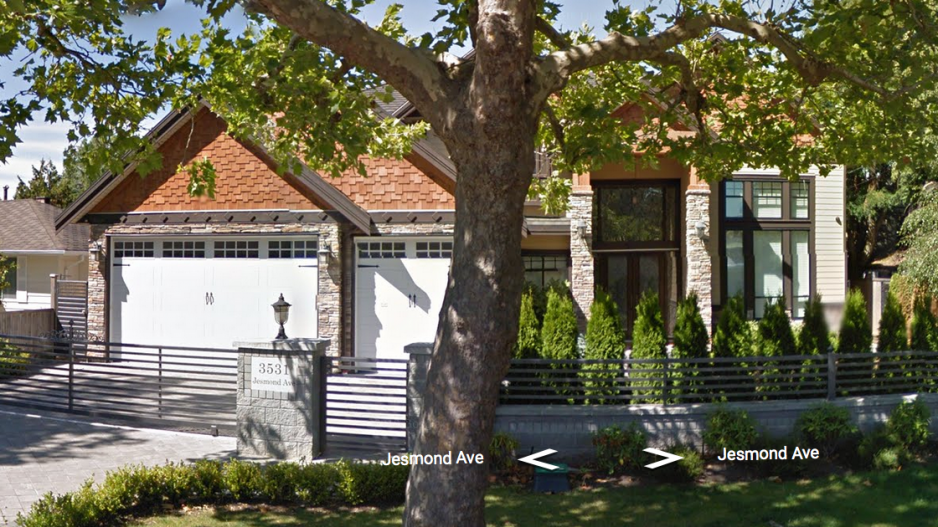The executors of a Richmond residential property are suing a realtor, alleging the agent “shadow-flipped” the house without their knowledge.
In a claim filed April 29 in B.C. Supreme Court, Kenneth and James Davis, the executors of the will of Jessie Davis, claim they received a pamphlet in November 2010 from an individual named Sunny Wu who was interested in buying the property at 3531 Jesmond Avenue.
The Davises arranged to meet with Sunny Wu, who came accompanied by Xiao Ming Alban Wang, a realtor with Sunrich Realty (Amex). Sunrich is located in Richmond.
“Wang and Wu came with a pre-prepared contract of purchase and sale (except for seller information, purchase price and completed adjustment, possession and completion dates),” according to the claim.
“In addition, Wang presented the Plaintiffs with a limited dual agency agreement for execution by them. In reviewing the agreement the plaintiffs were told by Wang that he does not take sides and treats the seller and buyer impartially; he stated that he must fully disclose everything, the only exceptions being that if the buyer was willing to pay more he cannot tell us and if we were willing to take less he cannot tell the buyer.
“He also stated that he cannot divulge the motivation of either buyer or seller without the written consent of the parties.”
The plaintiffs claim they questioned a clause in the contract of purchase and sale “that gave the buyer the right to assign the contract without notice or consent of the seller.”
Wang allegedly assured the plaintiffs the assignment clause was included only to provide financial protection to Wu, the buyer, who planned to build his “dream home” on the lot.
In February 28, 2011, the transaction was completed, but on February 4 the plaintiffs received calls from other realtors informing them the property had been relisted for sale, the claim states. The plaintiffs assumed the property had been relisted under the assignment clause. The plaintiffs say neither Wang nor Wu advised them the property would be “immediately flipped for sale under a much higher price.”
The plaintiffs allege they later learned that the defendants had bought other homes in Richmond in a similar manner.
The plaintiffs are seeking a judgment against the defendants for the difference between the sale price of the home ($870,000) and the profit made on the shadow flip, as well as damages for breach of contract and breach of trust, punitive damages and costs.
The allegations have not been proven or tested in court, and neither of the defendants had filed a response by press time.
The use of assignment contracts, also dubbed shadow flipping, has come under scrutiny following an investigative report in the Globe and Mail and other media coverage detailing how some realtors have used assignments to flip properties, and push up the price of the properties, while failing to inform the seller of the details of the transactions. Buying and selling assignments before the sale has closed also allows the buyer to avoid paying B.C.’s property transfer tax.
The use of assignments is legal, but realtors are supposed to inform clients if they have a financial interest in the transaction.
The provincial government has committed to change the rules around assignments: the proposed changes would require the express consent of the seller and would require that any profits from assignment contracts changing hands are returned to the seller.
The B.C. government also struck an advisory group to study the practice. That group will release a full report in May.




